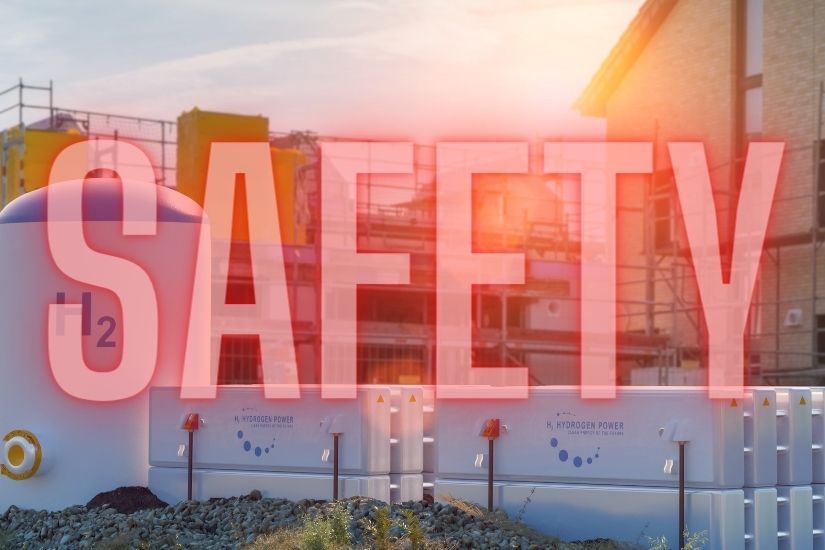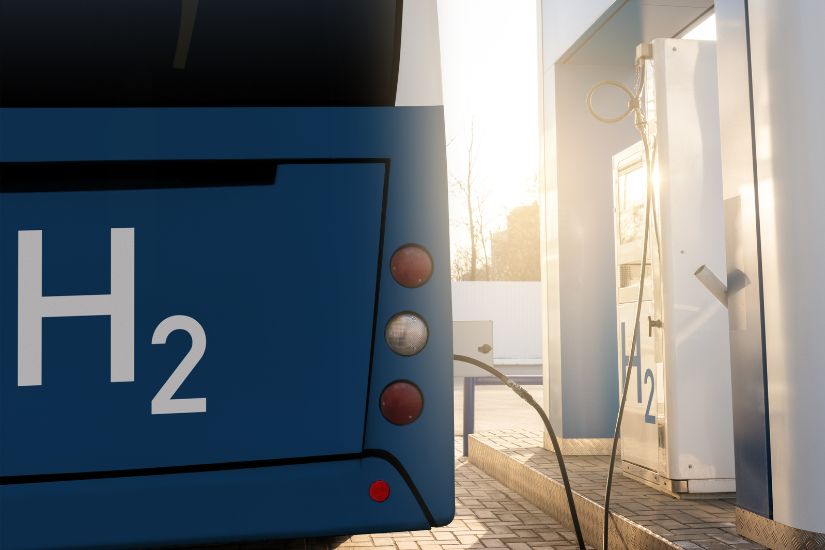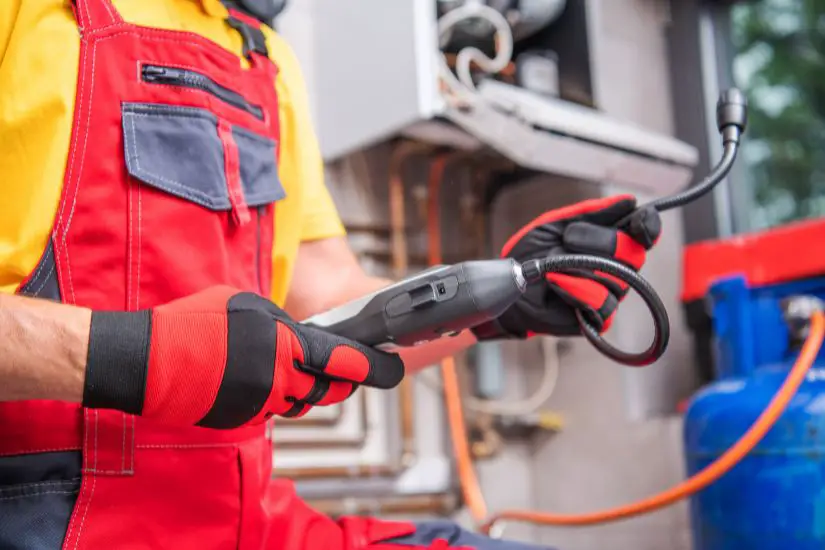
Is hydrogen safe to use in homes and cars?
September 10, 2022Are there safety issues associated with the zero-emission energy source many are counting on for the future?
Is hydrogen safe for mainstream use as an alternative to fossil fuels such as gasoline, diesel, natural gas and others? According to the US Department of Energy (DoE) Office of Energy Efficiency and Renewable Energy its safety level is about the same as other fuels commonly used today, with a few advantages as well.
The DoE acknowledges that by their very nature, all fuels do include a certain level of danger.
The key to making hydrogen fuel safe is to ensure that it is used properly, as is the case consistently across the energy industry with fuels of all forms. The goal, according to the DoE, is always to make sure that there is a prevention of circumstances in which the three combustion factors are present simultaneously. These three factors are:
- A spark, heat or other source of ignition
- An oxidant such as air
- And the fuel
By thoroughly understanding the properties of H2, appropriate systems can be designed with the types of engineering controls in place to ensure proper handling. Moreover, by building such an understanding it also becomes possible for guidelines to be put in place to direct the way it is used and applied.

Making hydrogen fuel safe is easier than other forms of gas and petroleum products in many cases.
To begin, it should be recognized that H2 is non-toxic. Therefore, if a leak occurs, it is not harmful to people or animals who might come in contact with it in the air. That said, it is also important to note that this gas is extremely light – far lighter than ambient air – which means that there is very rapid dissipation when it is released. As a result, in case of a leak, the rapid dispersal helps to reduce the risk of an unwanted outcome.
Equally, some of the properties of H2 mean that additional or alternate engineering controls are required to ensure the safety of its use. For instance, there is a broad range of flammable concentrations of H2 in air. Moreover, its ignition energy is lower than that of natural gas or gasoline, meaning that it ignites more easily than those other two commonly used fuels.

Therefore, to make hydrogen fuel safe, it is important to ensure leak detection and proper ventilation are built into H2 systems. Since an H2 flame is essentially invisible, it will also be important to install special flame detectors.
Proper materials are necessary to make systems for hydrogen fuel safe, as some metals can become brittle upon H2 exposure. Additional efforts to ensure safety can include training for appropriate handling and adequate system testing throughout the length of the distribution line, from production through storage and dispensing.



 With over 15 years of reporting hydrogen news, we are your premier source for the latest updates and insights in hydrogen and renewable energy.
With over 15 years of reporting hydrogen news, we are your premier source for the latest updates and insights in hydrogen and renewable energy.
The H2 as fuel is very interesting,make it safer and will help mankind a better environment.
Hydrogen has been around for a long time, but if u know have to harness it is is really safe. Or separate the gas from the water. Which I have done and I am running it in my car.
I find it somewhat strange, if not perplexing, that in all the articles I’ve read covering the possible advantages of converting ICE powered vehicles to the use of hydrogen gas to replace gasoline or diesel fuel as an energy source, there has been no mention of hydrogen environment embrittlement (HEE). From what I understand HEE causes microscopic cracking in various alloys. Surly, this implies eventual structural failure of ICE cylinder walls, cylinder heads and pistons with these ICE conversions.
What research is presently being carried out to resolve this structural failure issue?